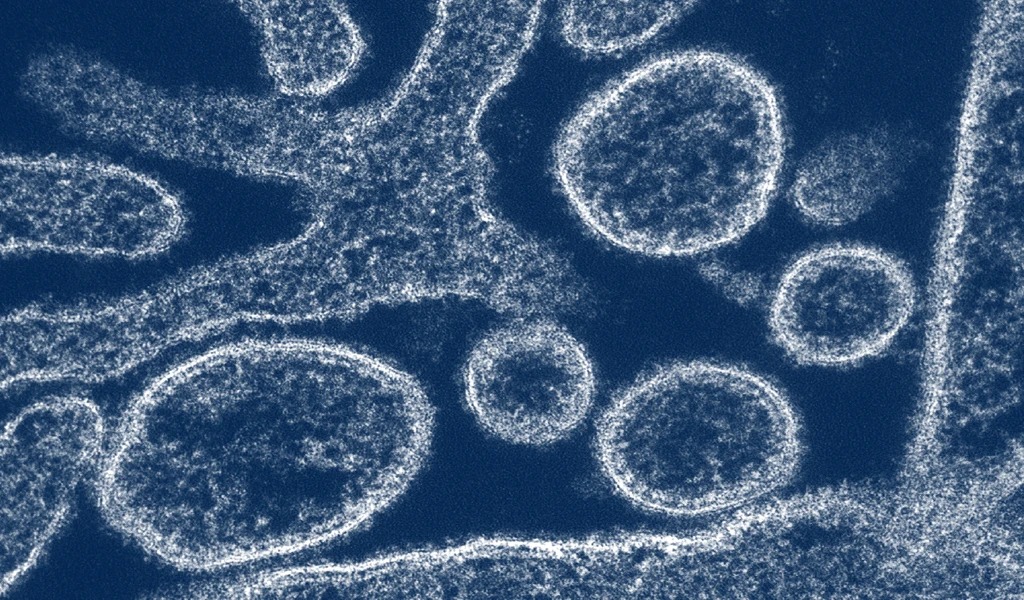PAHO and CEPI to advance regulatory harmonization and response to health emergencies in the Americas

New York, 23 September, 2024 - The Pan-American Health Organization (PAHO) and the Coalition for Epidemic Preparedness Innovations (CEPI) have signeda first technical cooperation agreement aimed at improving regulatory harmonization and convergence in the Region of the Americas. The agreement was signed in the margins of the 79th UN General Assembly in New York.
The primary goal of the partnership is to advance the work of the Pan American Network for Drug Regulatory Harmonization (PANDRH). Through this agreement, CEPI will support PAHO’s efforts as the technical secretariat for PANDRH to support pandemic preparedness in countries.
“This agreement supports PAHO's work to strengthen health security in the Americas. Functional regulatory systems are particularly crucial to achieving equitable access to quality-assured and safe medical products during pandemics and other public health emergencies, as well as to promote regional innovation and production,” PAHO Director Jarbas Barbosa said. “We are eager to strengthen our partnership with CEPI through this agreement, following a cooperation framework signed in 2023 for the benefit of people across the Americas”, he added.
PANDRH was established in 1999 to help strengthen regulatory functions and systems in countries of the Americas with the aim of achieving regulatory convergence and harmonization in the Region. Its mission includes addressing existing disparities, developing core competencies to support good regulatory practices and science, and develop, approve, and implement common proposals for the regulation of health technologies across the region.
“CEPI is delighted to strengthen our partnership with PAHO and PANDRH to support regulatory harmonization in the Americas and defend against emerging infectious diseases across the region. Such harmonization of regulatory processes is crucial as it fosters a common understanding among regional regulators, maximizes limited regulatory resources, helps establish standards that are tailored to specific regional needs and, ultimately, can help accelerate the process of getting safe and effective diagnostics, therapeutics, and vaccines, to those who need them most,”, Dr. Richard Hatchett, CEO of CEPI, said.
The new agreement follows recommendations made during the recent XI PANDRH Conference, which also marked the network’s 25th anniversary. The Conference called for a new strategic plan to adapt to emerging regional challenges and to improve, among others, regulatory preparedness for health emergencies.
- ENDS -
Notes to Editors
About CEPI
CEPI was launched in 2017 as an innovative partnership between public, private, philanthropic and civil organizations. Its mission is to accelerate the development of vaccines and other biologic countermeasures against epidemic and pandemic disease threats and enable equitable access to them. CEPI has supported the development of more than 50 vaccine candidates or platform technologies against multiple known high-risk pathogens and is also advancing the development of rapid response platforms for vaccines against a future Disease X. Central to CEPI’s pandemic-beating five-year plan for 2022-2026 is the ‘100 Days Mission’ to compress the time taken to develop safe, effective, globally accessible vaccines against new threats to just 100 days.
About PAHO
PAHO is the specialized health agency of the Inter-American System and serves as the World Health Organization (WHO) Regional Office for the Americas. Established in 1902, PAHO is the world’s oldest international health agency and works with countries in the region to improve and protect people's health. The organization supports countries in tackling communicable and noncommunicable diseases and in responding to emergencies and disasters and provides technical cooperation to strengthen health systems and ensure equitable access to healthcare.


.webp)
